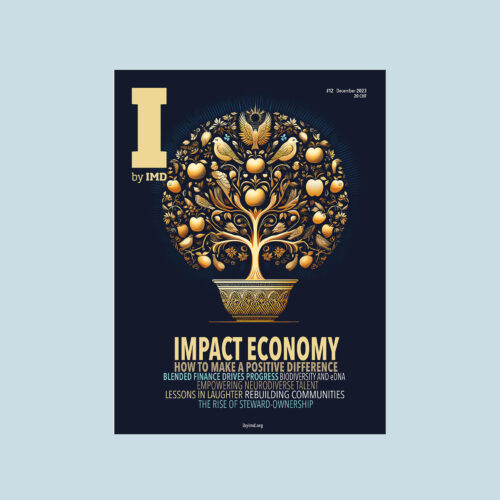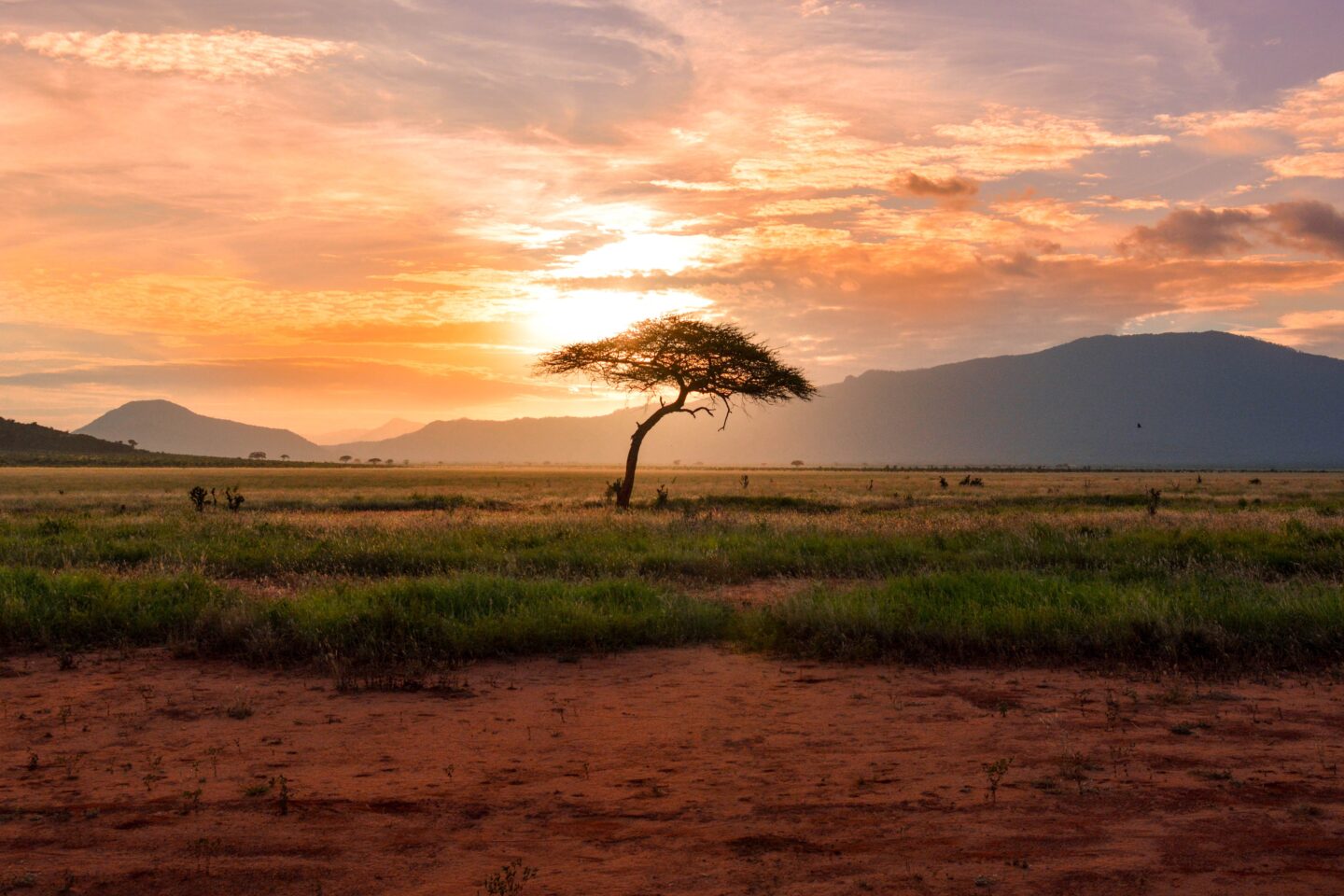5. Change the narrative
The biggest win may come when perceptions of impact investing shift from “charity”, “market-distorting”, “narrowly focused”, or “foreign”. These definitions emerged as the market moved from NGO interventions in the 1980s and 90s to the VC heyday of 2020-2021. A key step requires aligning local conditions and needs with the demands of the sources of capital. Africans should sit at the decision-making table when interventions are designed and a consensus is built. For example, Africa will play a key role in energy transition, and we’ve seen a flurry of new climate-focused funds as DFIs – the largest source of impact finance in Africa – shift their spotlight to climate. It’s critical that Africa determines what interventions are prioritized, based on local context.
6. Amplify Africa’s voice
Equally important is building the thought-leadership, data, and research ecosystem. With a decade’s worth of activity, case studies on the de-risking of investments, capital, social and environmental impact, policy, and regulatory successes as well as exits could help cement impact investing at the heart of economic development.
A cursory glance at impact-related content reveals that there aren’t many Africans sharing their experiences. Every so often, a panel speaker cannot attend an impact conference in London or Washington, for example, due to difficulties obtaining a visa. This points to the imbalance of power in the impact economy and, without skin in the game, there’s a sense of limited local ownership. More Africans should be appointed as general partners, not just employees, of impact funds. DFIs could lead the way by building the capacity of those with local knowledge and proximity.
We can achieve both profit and impact, but the ecosystem that will support this revolution in Africa needs strengthening. Impact investors should continue to play a catalytic market-building role that unlocks opportunities and attracts commercial capital. Investors should consider broader definitions of impact, as job creation remains the most critical challenge in Africa. This will also widen the deal flow for investors.
Finally, it’s noteworthy that the ownership of M-PESA is now fully African. Impact investing, as a sector, will benefit from more Africans driving the movement, de-risking opportunities through proximity, and sharing success stories.


 Audio available
Audio available




 Audio available
Audio available